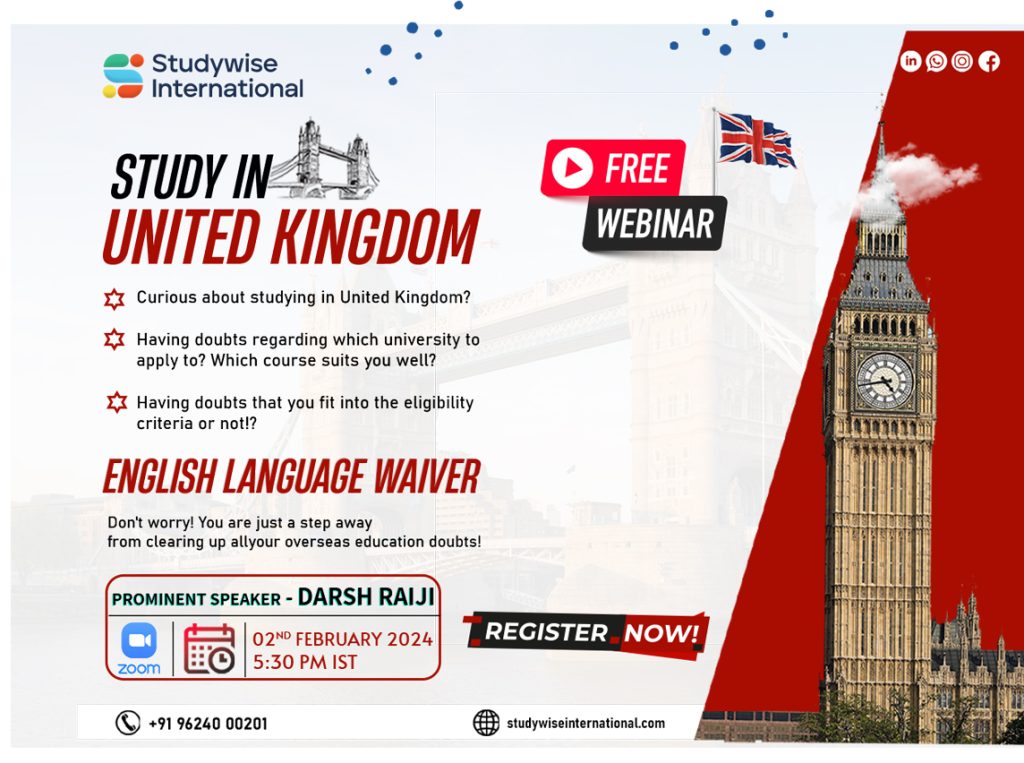
Staying in the UK After Completing Studies
- Categories All Study in Abroad Blogs, Study in the UK, Studying Abroad
- Date March 14, 2024
Graduating from a prestigious university in the United Kingdom is a bright star on your resume. It offers a vibrant and diverse hub to explore your capabilities and enhance your skills. Universities extend training and placement programs to students and expose them to their partnered companies. As a student in a globally recognised institute, you will be invited to dine with great minds and, hopefully, train under them. The opportunities are never-ending. The process, however, is limited to a few simple steps.
Graduate Visa
After you have graduated in the UK, you are classed as ‘on vacation’. You can stay on their lands for up to 4 months. The UK Graduate visa allows students to take the next step after their course – Job hunting. International students who have completed their course in the UK can apply to stay for up to 2 more years. PhD graduates, exceptionally, can stay up to 3 years. This unsponsored visa could help you undertake multiple internships, freelancer projects or gain work experience under different organisations. Once you find an ideal role, you can switch to a Skilled Work Visa to stay in the UK.
The application fee for this type of visa is £822. An additional £1,035 fee is also mandated for the Immigration Health Surcharge (IHS). The IHS fees multiply as per the year you plan on staying.
Skilled Worker Visa
You may apply for a Skilled Worker Visa within up to 3 months before your Tier 4 (ST) Visa or Graduate Visa expires. This date is stated on the Confirmation of Acceptance for Studies (CAS) submitted during your student visa application. If you’re looking for work in the UK without having studied there, you are an eligible candidate for this visa as well.
This type of visa is designed for students who have found a job that fits into their idea of employment, and well, life. The employer must sponsor the visa and provide you with a certificate for sponsorship. This certificate, like your CAS, is the basis of your work visa. Usually valid for 5 years, this visa can be renewed multiple times before expiry. The same rules apply – you must fall under their criteria and meet the requirements.
The application fee for a Skilled Worker Visa ranges from £719 to £1,500 depending on your employment period, type and other circumstances. When switching or extending your visa, the charges start at £827. The IHS is standard for all types of visas. This visa requires at least £1,270 as maintenance funds. Your job offer, in addition, must match the ongoing rate for the type of work you are being appointed for. The minimum salary in the UK is at least £20,960 or £10.75 per hour. Often employers pay for and/or manage these processes; discuss with them upfront.
Documents Needed
Applying for a visa is already a time-consuming, and quite frankly, tedious procedure. To save rejections and repeat tours, keep your documentation sorted. The specific ones that you need for a Worker Visa are a valid passport, proof of graduation, certificate of sponsorship and results for an English language proficiency test. If you are not the holder of any visa type, you also need a health assessment and a criminal record check.
Unlike as for a student visa, the score required for a Skilled Worker Visa is quite minimal. Workers, as well as their family members, applying for the visa need to obtain an IELTS score of 4.0 in the speaking and listening portions. A passing grade in the IELTS Life Skills at B1 test is also required. This could vary as per your job role.
Duration and Responsibility
The visa process, regardless of the type of visa, could take up to 3 weeks from outside and up to 8 weeks from inside the UK.
Having secured a work visa was checking one box, the other is knowing what your rights are. Citizens with a valid work visa are extended the same rights as the regular population. It is crucial that you respect your acceptance and live by their code of living. Therefore, before applying for a visa, carefully understand the terms of your visa, your roles and responsibilities as a citizen as well as the restrictions. It would also help to familiarise yourself with the basic laws of the UK.
Permanent Residency (PR)
There are several benefits of studying in the UK. The possibility of getting a Permanent Residency still tops the list. The UK PR not only allows you to stay indefinitely but also allows you to travel visa-free or visa-on-arrival to 192 countries and territories. To paint the picture clearer, as an Indian citizen, you can travel to 62 countries without a visa. The British passport is the 27th most powerful passport in the world.
It could be hard to match the criteria and obtain a UK PR. Nevertheless, as many of them are similar to those for the Skiller Worker Visa, it is attainable. The minimum criteria are that you are working in the UK, have a family already living there or are a commonwealth citizen. Not only India is a member, but we are also the fourth largest contributor to their budgets and programmes.
If you have studied in the UK, things got a whole lot easier for you. Recognise the requirement for your PR application when you begin your study here. For a PR that gold, it is never too soon. Better safe than sorry, eh?
Have a query? Connect with us on 011 079 6000 6000 or +91 9624 000 201.
You may also like

Ireland Intake 2024-25: Universities & Preparation Timeline

TOEFL Scoring System and Validity


